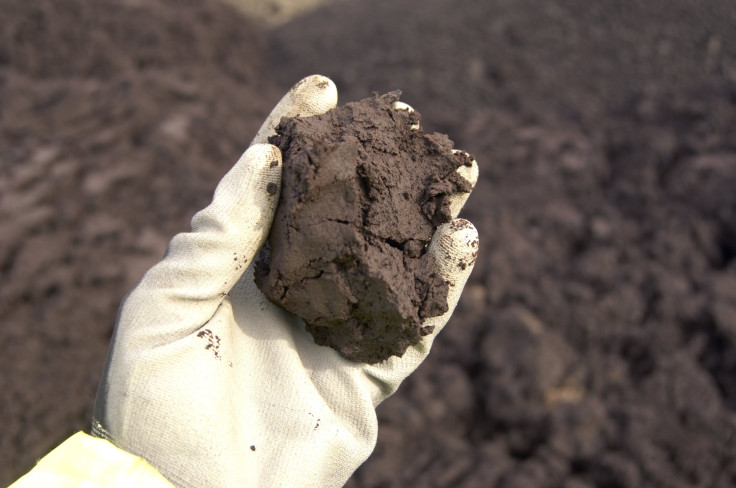What Is Human Composting? Washington Becomes First State To Legalize Burial Alternative

Washington became the first state in the Unites States to legalize human composting, an eco-friendly alternative to burying or cremating human remains. The legislation was signed Tuesday by Gov. Jay Inslee and will go into effect May 2020.
Under the law, people have the right to choose if their body should be turned into soil after they die. The soil will be handed over to the loved ones at the end of the process, who can then use it for planting trees, flowers or vegetables.
Katrina Spade, who lobbied for the law, came up with the idea of human composting while researching the funeral industry. She modeled it on the disposal of livestock, a practice used by farmers. A pilot project was conducted on six bodies at the Washington State University in 2018 and Spade said all the six people wanted to be a part of the study.
"Recomposition offers an alternative to embalming and burial or cremation that is natural, safe, sustainable, and will result in significant savings in carbon emissions and land usage,” she said.
Spade is the founder of Recompose, a Seattle-based company which is all set to be the first to offer the service.
"The idea of returning to nature so directly and being folded back into the cycle of life and death is actually pretty beautiful," she said.
Speaking about the process of human composting, Spade said the body is placed in a hexagonal steel container filled with wood chips, straw and alfalfa, a plant grown as feed for livestock. The container is then closed and the entire body decomposes naturally within a month.
"Everything - including bones and teeth - is recomposed. That's because our system creates the perfect environment for thermophilic (heat-loving) microbes and beneficial bacteria to break everything down quite quickly,” she said.
Dr. Lynne Carpenter-Boggs, a professor of soil science at Washington State University, said, "We have found that the essential methods that we use for livestock mortality composting are also effective for human disposition. We have substantially changed the materials used, to be socially acceptable, but the basic principles that we have learned from livestock mortality composting are very effective for the human research subjects that we used.”
Meanwhile, state officials were preparing to develop regulations for human composting.
"This is a completely new practice in our state, and we'll consider possible public health risks as we proceed," said Julie Graham, Washington Department of Health public information officer.
© Copyright IBTimes 2024. All rights reserved.





















